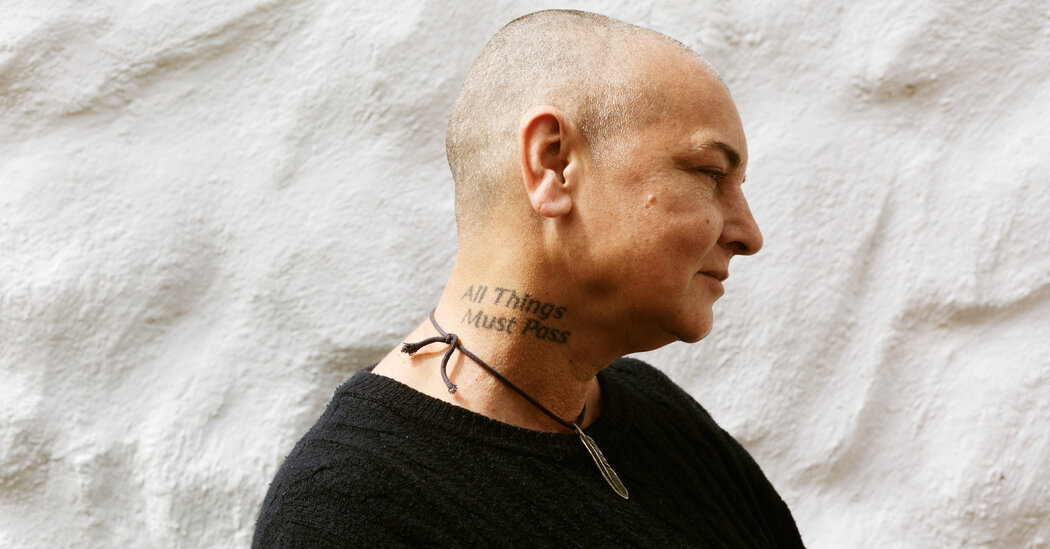Sinead O’Connor, the Irish singer who shot to fame in the 1980s and ’90s and was known for her activism, died at age 56 last July of chronic obstructive pulmonary disease and bronchial asthma, according to her death certificate.
In January, a coroner in London said that Ms. O’Connor had died of “natural causes” but did not provide details. The police said at the time of Ms. O’Connor’s death that it was “not being treated as suspicious.”
Ms. O’Connor’s death certificate, which was registered last week, filled in some gaps. The singer died of “exacerbation of chronic obstructive pulmonary disease and bronchial asthma together with low-grade lower respiratory-tract infection,” the report said. It was submitted by John Reynolds, Ms. O’Connor’s first husband.
Ms. O’Connor become a global star in the 1990s with a cover of Prince’s “Nothing Compares 2 U.” The album the song was on won a Grammy Award in 1991 for best alternative music performance.
She also wielded her fame as an activist, speaking out against sexual abuse in the Catholic Church, misogyny, the British subjugation of Ireland and other issues. In her later life, she spoke about her mental struggles and her recovery from child abuse.
Ms. O’Connor’s death shook Ireland, which mourned her as a national treasure even though she had been a controversial figure for her political provocations onstage and off. In 1992, Ms. O’Connor tore up a picture of Pope John Paul II during a “Saturday Night Live” performance to protest sexual abuse of children in the Roman Catholic Church.
In the year since she died, debates have continued over Ms. O’Connor’s legacy and representation.
In March, a risqué performance honoring her life and her first studio album opened in London and drew crowds in New York. And last week, a wax museum in Dublin removed a figure of her after her brother said it was “hideous” and “looked nothing like her.”
“She was something grander than a simple pop star,” Jon Caramanica, a pop music critic for The New York Times, wrote in an appraisal of Ms. O’Connor’s career.
“She became a stand-in for a sociopolitical discomfort that was beginning to take hold in the early 1990s,” he continued, “a rejection of the enthusiastic sheen and power-at-all-costs culture of the 1980s.”
